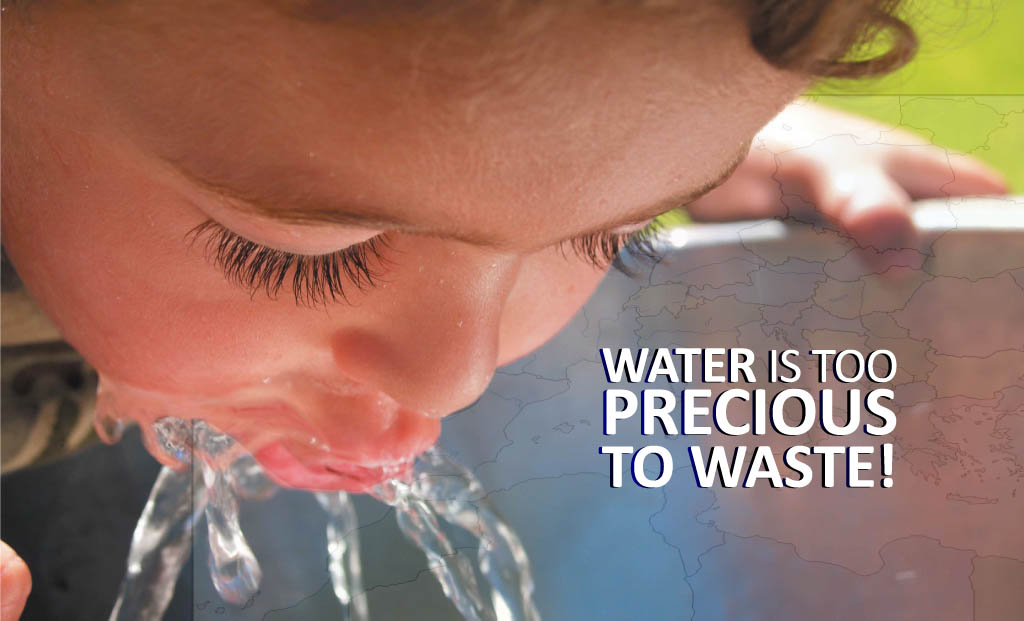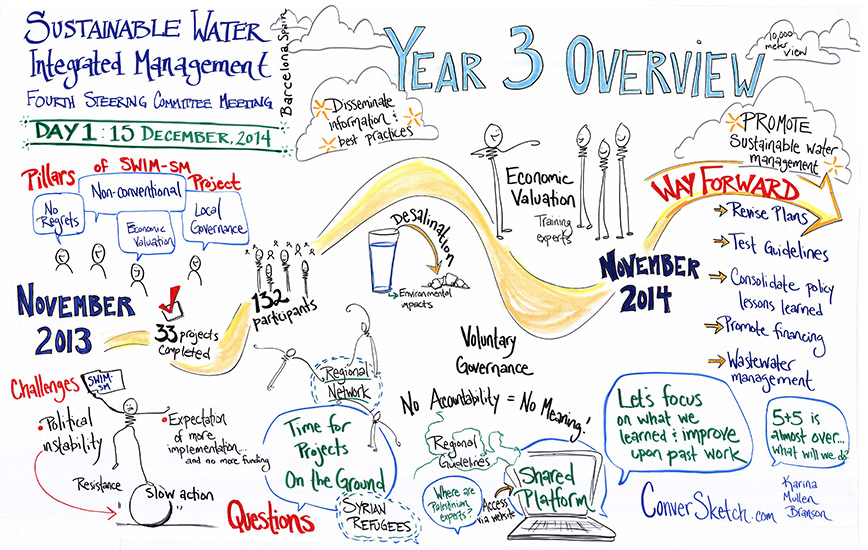This activity supports Algeria, Egypt and Palestine in their efforts to apply Managed Artificial Recharge (MAR) in a more consistent and regulated manner, so as to reap the full benefits of this application.
In fact, although MAR is widely used in most South Mediterranean countries on an ad hoc unregulated basis to enhance water supplies, uptake has been constrained by lack of a policy and a clear, consistent regulatory framework that allows the advantages of MAR to be materialized.
National reports will be prepared for each of the three countries including the following:
- A general assessment of water, wastewater, and environment policies, legislation and regulations relevant to wastewater management and disposal.
- Identification of gaps and constraints in the existing water, wastewater and environment legislations and regulations that hinder the control of artificial recharge practices.
- A brief technical analysis of the adequacy of wastewater treatment, effluent water quality, nature of aquifers targeted for recharge, water quality of aquifer, current water uses from the aquifer, etc.
- Identification of main techno-economic gaps and challenges that might hinder artificial recharge.
- Listing of appropriate mitigation and precautionary measures to realize groundwater recharge without polluting the recharged aquifers.
- Listing of physical, chemical and biological standards of adequately treated wastewater intended for MAR.
- Identification and analysis of the risk factors that might affect the formulation and implementation (in terms of compliance and enforcement) of the proposed MAR regulations.
- Draft guidelines for national MAR regulations that are suited to the national environmental conditions, socio-economic specificities and groundwater hydrology.
- Proposed institutional reforms at the appropriate levels of government – national, local, users’ level - to administer the suggested artificial recharge regulatory package.
- Organization of a 5 days study tour in 2 European countries recognized for their advancement in MAR
- A National consultation forum involving all relevant stakeholders in each focus country to validate and finalise the guidelines.
- National reports (30 – 40 pages each) with a specific regulatory text for potential adoption and implementation.
This activity follows up the development of guidelines for MAR based on global experience and best practices in recharging aquifers that was carried out by SWIM-SM to serve as inspiration for potential adoption and application by South Mediterranean countries.
In this sense it represents a field testing of the developed guidelines in country-specific situations and shall increase the usefulness of the guidelines and their adaptability to national specifications.




